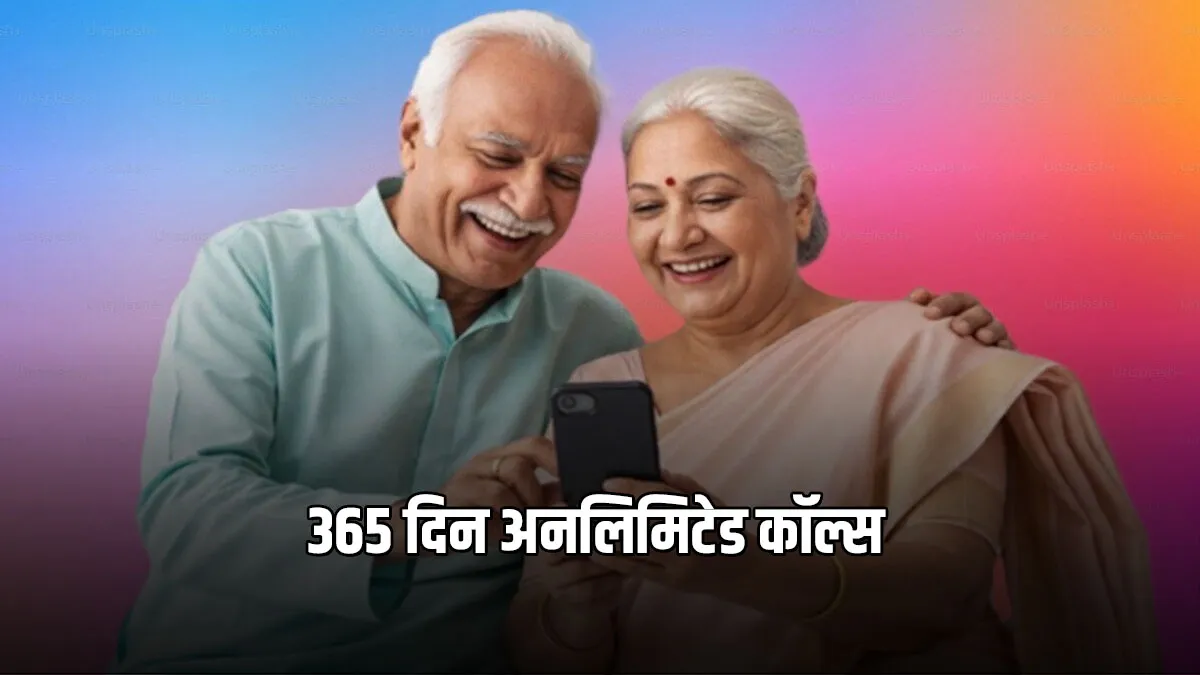Copyright dailyrecord

The artificial intelligence term 'vibe coding' has been chosen as the Collins Dictionary word of the year for 2025. But what does it actually mean? The term, coined by OpenAI co-founder Andrej Karpathy, was selected as the word of the year following its rise in usage since it first appeared in February of this year. According to lexicographers at Collins Dictionary, the decision was based on data from the Collins Corpus, which tracks language trends across social media and other online platforms. Vibe coding describes a growing software development trend where AI tools generate code directly from natural language prompts. In other words, it's a user-friendly way for anyone to create apps without needing traditional programming skills. Alex Beecroft, the Managing Director of Collins, said the term "perfectly captures how language is evolving alongside technology". Andrej came up with the name 'vibe coding' to represent how AI can let some programmers "forget that the code even exists" and "give in to the vibes, embrace exponentials" while making a computer program. The new approach makes it easy for anyone, even without coding experience, to build their own digital apps. With simple instructions like "make me a program that schedules my weekly meals," people can use vibe coding to generate a fully functional app. Allthough the software still requires some digital skills and it's not always perfect, it has opened up creating digital platforms to non-coders. Vibe coding narrowly beat out several other new and trending terms for the word of the year title. One strong contender was 'clanker,' a slang term used to describe computers, robots or other sources of AI. The word is often used online in a negative way to express frustration or distrust towards AI chatbots and platforms. Another finalist was 'glaze' which means to praise or flatter someone excessively, especially when that praise isn't really deserved. For example, if someone is praising a mediocre project to the extreme another person might say, "don't glaze it, it's not that great." Other popular contenders included 'aura farming,' a viral slang term for trying to appear cool or impressive online by carefully managing how you present yourself. The tongue-in-cheek term 'broligarchy' was also a popular contender. The term is used to describe the owners of the biggest global technology companies, often known as 'tech bros.' Other contenders include



